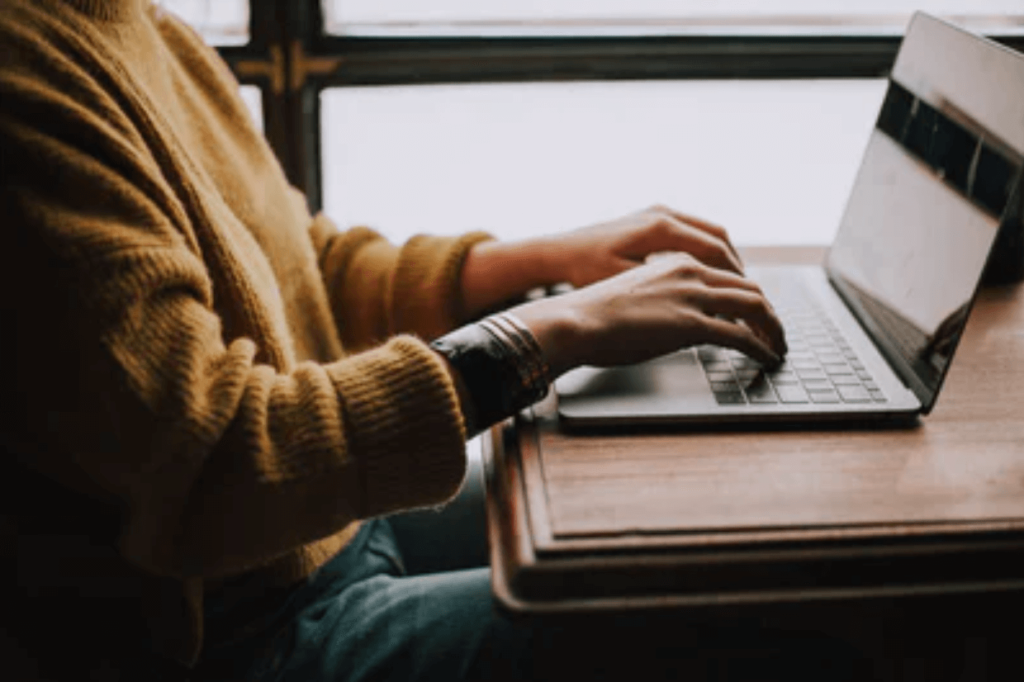Did you just develop something original, and you’re excited to show it to the world? Wait! If your idea or creation has economic value, you need to protect it first. Why? It’s because if anyone copies your intellectual property and patents it as their creation before you, you can do nothing about it! This is the reason why you need to protect your intellectual property. Here are a few tips to help you:

Apply for the Appropriate IP Protection
First, let’s understand what exactly is Intellectual property (IP). Any product or a piece of work that was a consequence of original thought is your intellectual property. It may be a design, a manuscript, an article, a scientific invention, a brand name, or even taglines created either by a business or an individual. If you have an original creation, no one else has the right to use or copy it without your permission. The four types of IP are:
- Patents – It is the right to exclude others from manufacturing your product/software. Others will have to ask you for the license.
- Trademarks – These are words, symbols, or even phrases associated with a brand or product.
- Copyright – It protects artistic things like books, songs, movies, or poems. Only the owner has the right to reproduce, sell, display or perform their copyrighted work.
- Trade Secrets – These may be patterns, a device, or a formula that grants a company a competitive advantage. The company will have to prove how it is really a trade secret.
Evidence of Your IP Development
You need to constantly collect evidence of your IP during the development. Document all the concepts with drawings, descriptions, or records with dates and keep backups. It will not only help you gain the IP rights easily but also help if someone infringes those rights which you can challenge and fight when you have strong evidence.
Know What to Protect
If you own a business, you need to prioritize your intellectual property in order to have a competitive advantage. To determine what might be the intellectual property, legal experts at Camuti Law Group recommend mapping all of the company’s assets and then evaluating what would affect your company the most, if lost. This will ensure you are spending your protective efforts and money wisely.
Publish it Widely
When you hold the copyrights or have registered for the patent for your intellectual property, then publish it widely. Let everyone know what you have created, and ensure that your (or your company’s) name is always attributed to it. Use social media, industry-specific magazines, or newspapers and tell the world. This way your work will always be known as yours.
Keep it Quiet
Yes, this is quite the opposite of the previous tip! If your IP is a trade secret, you should not publish it, instead keep it fiercely protected. Have you heard of food companies never revealing their recipes? it’s because that is their trade secret! So, even in your own company, allow only authorized personnel to access a trade secret. You should get strong NDAs (Non-disclosure Agreements) drafted for each of your employees or any individual you may need to share your IP, especially trade secrets, with.
The protection for trade secrets should both be physical as well as digital. Secure the rooms where your data is stored, whether it’s paper documentation or a server room. If it’s stored on the cloud, use passwords, and limit access to the storage.
Leave Room For Innovation
You should register for IP rights in a way that leaves room for development and changes. You need to make sure if your invention will be developed in the future, you will still be owning it.
Educate Your Employees
The most common way IP leaks happen is when employees unintentionally let out a company secret. Your company might be creating something new, and before you have the copyrights or patent for it, your employees may accidentally tell someone about what your company is creating.
If you educate your employees through awareness training on preventing IP leaks, it will work wonders. This way, they will become more cautious about what not to share. You need to make sure they understand that they can accidentally expose IP. The training also includes how to save themselves from phishing attacks, when a person will try to gain their company credentials to get access to the company servers.

It is devastating when your intellectual property is stolen, copied, or sold in someone else’s name. You need to work on IP protection from the very first step. It is the only way to ensure that your original work stays yours. Follow the tips mentioned above to protect your intellectual property rights, and take professional help when you are registering for them to ensure you cover everything.





